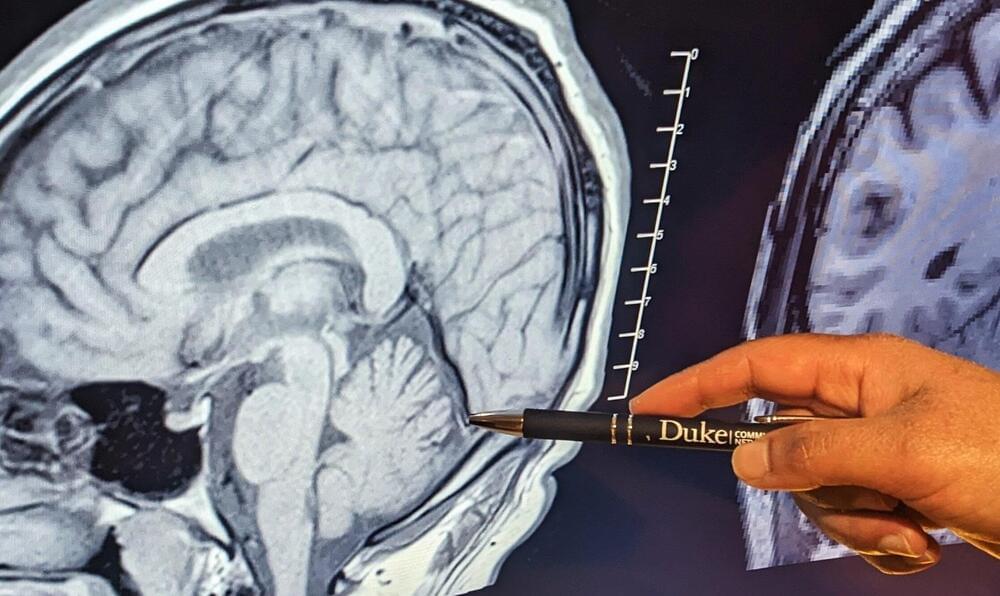Adults with posttraumatic stress disorder (PTSD) have smaller cerebellums, according to new research from a Duke-led brain imaging study.
The cerebellum, a part of the brain well-known for helping to coordinate movement and balance, can influence emotion and memory, which are impacted by PTSD. What isn’t known yet is whether a smaller cerebellum predisposes a person to PTSD or PTSD shrinks the brain region.
“The differences were largely within the posterior lobe, where a lot of the more cognitive functions attributed to the cerebellum seem to localize, as well as the vermis, which is linked to a lot of emotional processing functions,” said Ashley Huggins, Ph.D., the lead author of the report who helped carry out the work as a postdoctoral researcher at Duke in the lab of psychiatrist Raj Morey, M.D.









Comments are closed.